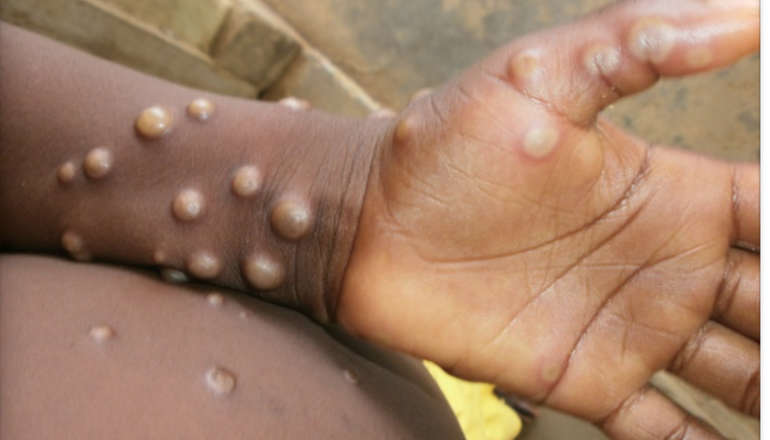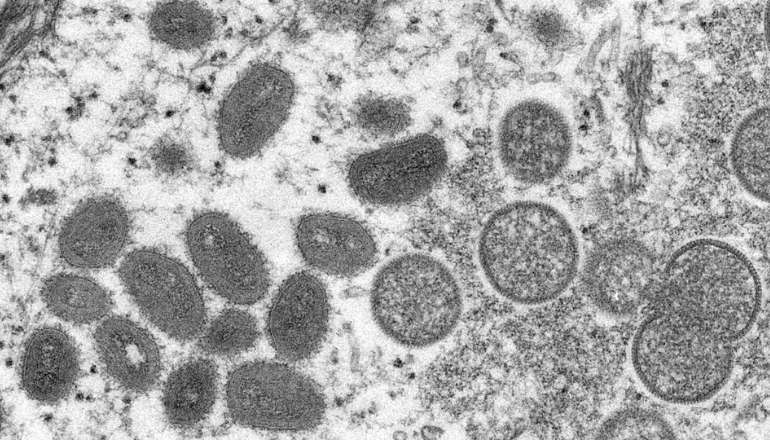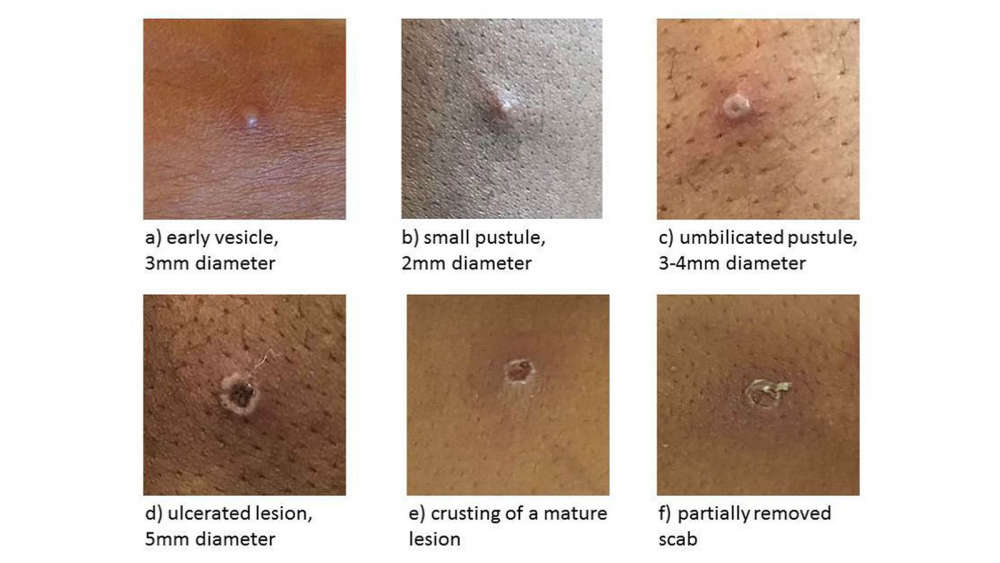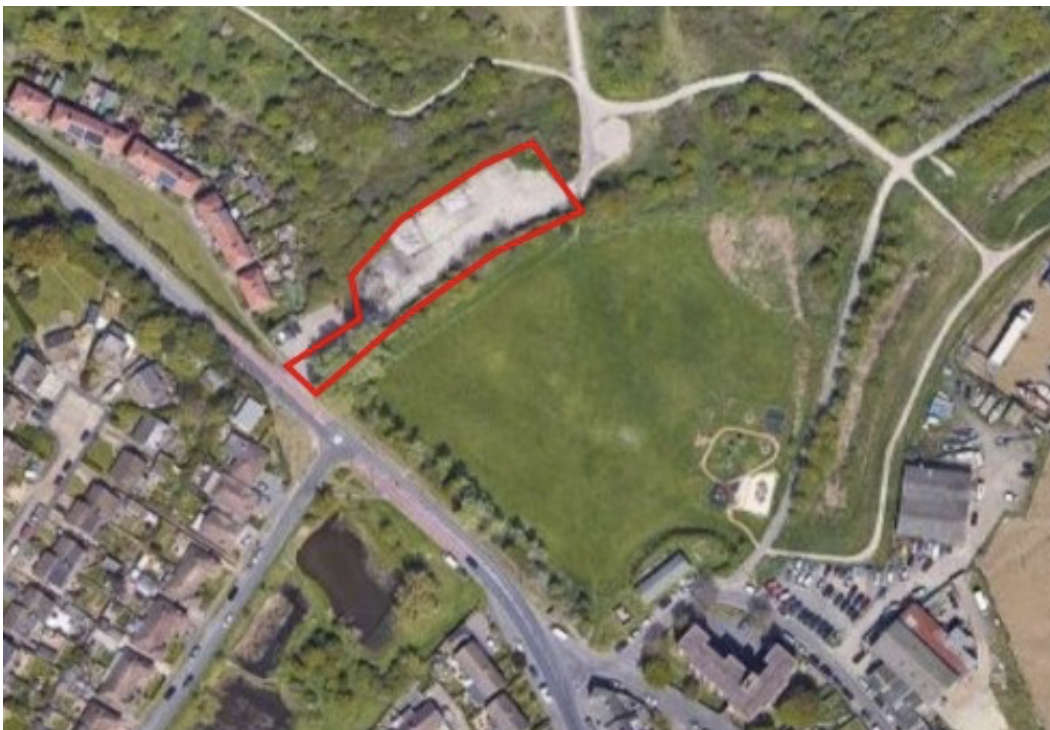
Monkeypox is very difficult to catch from someone carrying the infection and is mostly caught from infected wild animals in west of central Africa.
The illness for most people is mild with full recovery taking up to four weeks, while the chance of catching it in the UK is currently very low.
According to the NHS, you can catch monkeypox if you are bitten by an infected animal or if you touch its blood, body fluids, spots, blisters or scabs.
Catching it from an infected person is very uncommon, but transmission is possible through touching clothing, bedding, towels or other items used by someone with the rash.
Contact with their blisters or scabs or exposure to their coughs or sneezes could also put you at risk.
Health experts have said the infection can also be caught by eating meat from an infected animal that has not been cooked properly.
It is also possible to catch monkeypox by touching other products such as skin or fur which came from an infected animal.
The rare infection is mostly spread by rodents, such as rats, mice and squirrels, in parts of west or central Africa.

A monkeypox patient in the Democratic Republic of the Congo. Pic: CDC
If people travel to destinations in those regions, they are advised to regularly wash their hands or use hand sanitisers and only eat meat which has been cooked thoroughly.
To further minimise infection, people should not go near wild or stray animals, including those that are dead or appear to be unwell.
What are the symptoms to look out for?

The stages of monkeypox. Pic: UK Health Security Agency
It normally takes between five and 21 days for symptoms to appear.
The initial symptoms include a high temperature, headache, muscle aches, backache, swollen glands, shivering and exhaustion.
A rash will usually appear between one and five days after the first symptoms, beginning on the face and then spreading to other parts of the body.
It can be confused with chickenpox as it begins with raised spots.
The symptoms will usually disappear in two to four weeks, although some people will need hospital treatment.

 80-Year Age Gap No Barrier To Eastbourne Penpals Heidi And Mary
80-Year Age Gap No Barrier To Eastbourne Penpals Heidi And Mary
 Appeal For Information After Young Girls Assault Another In Crawley Skate Park
Appeal For Information After Young Girls Assault Another In Crawley Skate Park
 Former Sussex Police Officer Found Not Guilty Of Misconduct In Public Office
Former Sussex Police Officer Found Not Guilty Of Misconduct In Public Office
 Multi-Faith Event In Brighton Will Commemorate Indian Soldiers Who Fought For Britain
Multi-Faith Event In Brighton Will Commemorate Indian Soldiers Who Fought For Britain
 Witness Appeal After Man Attacks Bus In St Leonards
Witness Appeal After Man Attacks Bus In St Leonards
 Waste Recycling Site To Reopen In Newhaven
Waste Recycling Site To Reopen In Newhaven
 Council To Remove Lewes Pay-And-Display Bays
Council To Remove Lewes Pay-And-Display Bays
 Changes Made To Chichester Events Policy After Car Club Complaint
Changes Made To Chichester Events Policy After Car Club Complaint
 Man Admits To Crawley Shoplifting Spree
Man Admits To Crawley Shoplifting Spree
Comments
Add a comment